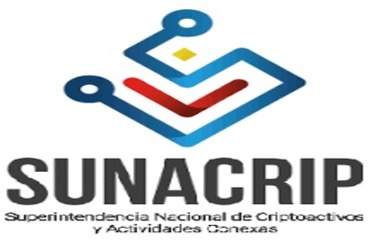 Providence St. Joseph Health revealed the takeover of a blockchain-based revenue cycle management solution by the Seattle-based healthcare tech company Lumedic. The health system, one of the nation’s largest, claims that a scalable blockchain platform for the processing of claims will be the first integrated provider-payer system.
Providence St. Joseph Health revealed the takeover of a blockchain-based revenue cycle management solution by the Seattle-based healthcare tech company Lumedic. The health system, one of the nation’s largest, claims that a scalable blockchain platform for the processing of claims will be the first integrated provider-payer system.
Providence St. Joseph Health said it plans to create a new company using the the assets and team of Lumedic that will keep the Lumedic brand. The Lumedic end-to-end revenue cycle management platform uses distributed ledger technology, intelligent contracts and machine learning based on blockchain technology.
Payers and providers connected to the Lumedic network can also share trusted information and collaborate on integrated business processes, and Lumedic will work with Providence St. Joseph Health to explore further partnerships with healthcare providers, insurers and others.
The objective is to reduce inefficiencies in the health care system-a recent analysis by McKinsey & Company found that inefficiencies in the revenue cycle accounted for more than $500 billion in US healthcare costs alone in 2018, largely due to complexities in the industry and manual processes.
Venkat Bhamidipati, Providence St. Joseph Health chief financial officer, said “New technologies like blockchain, artificial intelligence, and machine learning give us an opportunity to view the complexities of today’s health systems through a different lens.”
Blockchain technology offers many health care opportunities, including opportunities to reduce complexity, enable untrustworthy cooperation and create safe information. However, it is not fully mature today, with several technical, organizational and behavioral economic challenges to be addressed before organizations across the country can adopt a health care blockchain.
Mike Butler, Providence St. Joseph Health president of operations and strategy, said “The Lumedic platform will reduce administrative burden and enable resources to shift to improved patient care, more patient-centric billing experiences, and lower costs.”
Traditional healthcare system and hospital income cycle procedures often rely on physical communications and faxes to send medical records, data storage systems and executives who spend most of the time calling claims to insurers. Providence St. Joseph Health, a non-profit healthcare player, consists of 51 clinics and 829 physician clinics in seven jurisdictions.
Dr. Rhonda Medows, Providence St. Joseph Health president of population health and CEO of Ayin Health Solutions, said “By disrupting these often cumbersome processes ourselves, we strive to lower administrative costs for both parties while getting deeper insight into the financial experience of patients and the ways we can simplify the process for them.”
At this year’s HIMSS conference, blockchain technology will become a core focus of participants. Health IT vendor HSBlox will make its debut in clinical trials with blockchain technology and US officials participate as well. The Health and Human Services Department is expected to provide alerts on how the organization pursues rapidly developing technologies such as blockchain.








